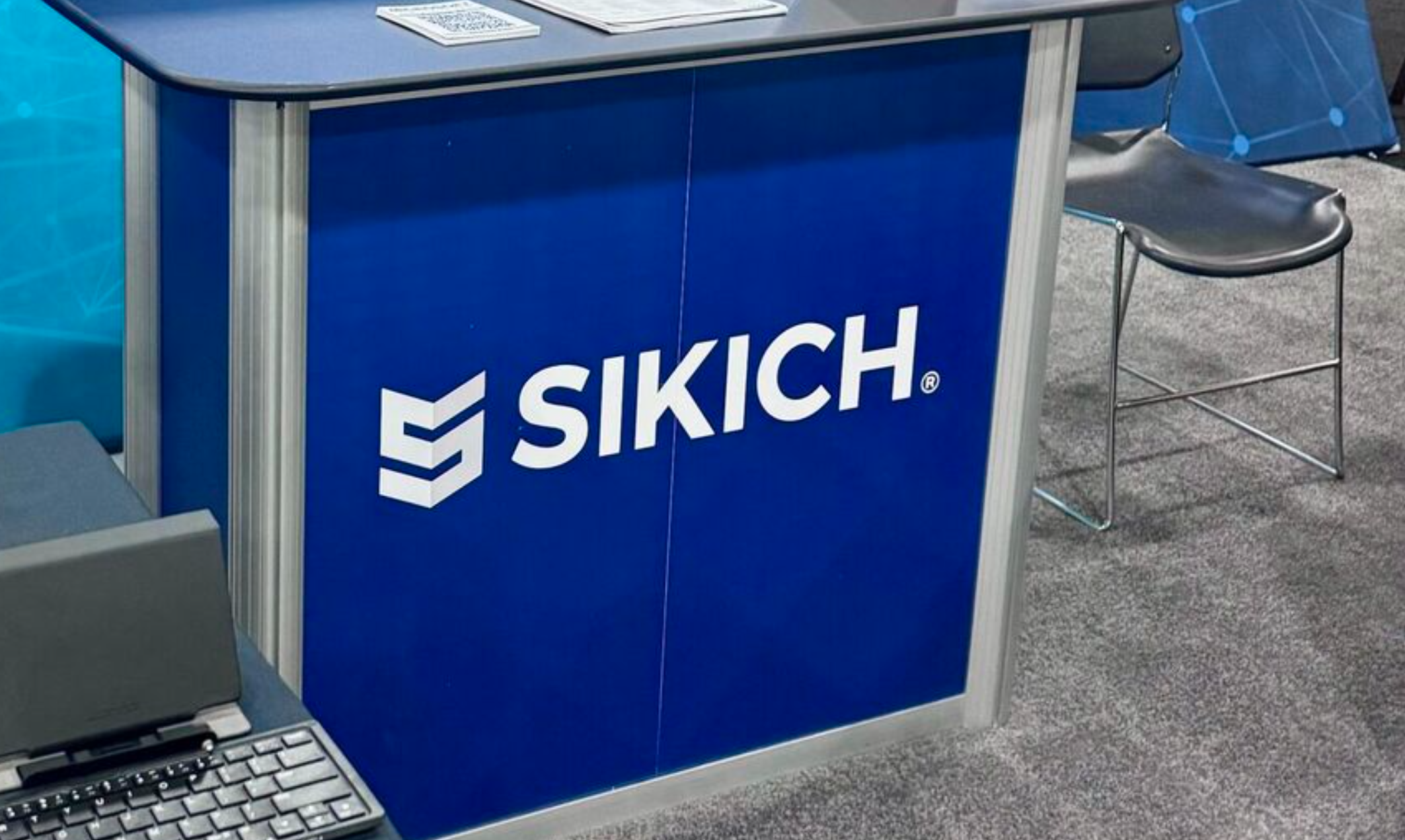At a global broadband policy conference in late 2011, I was asked to define the state of technology in this year. The answer came down to this: 2011 was the year that reality set in.
That requires a bit of explanation, but we can begin to define it with five simple trends that emerged this year:
1. Anything 4G is a hoax. There is no device, no program that meets the 4G specification, and won’t be for a while. What happened is that the manufacturers, bereft of something new to dangle before consumers, sought and got permission to call 3G devices “4G,” on the grounds that they were slightly better than the old 3G. This led to the ridiculous claim that WiMAX was in some way a form of 4G.
2. Technology has changed us, for both good and bad. Technology has kept its promise of changing basic institutions, from religion to government. But the change is not always positive. Fail to be clear in your Facebook invitations, for example, and a thousand strangers can show up at your house for a party. And the world over, governments are struggling with how to keep technology from fostering revolution and unrest. The Wikileaks situation this year has not helped.
3. Cyberwar is real. So is cybercrime. For a long time, we could hide behind the façade that cybercrime only happened to foolish people who visit porn sites on the internet. And that cyberwar was some future thing that George Lucas had already dealt with. Now we are faced with ever-growing assaults, the rise of botnets and an increase in identity theft.
4. Facebook is not your friend. Google does evil. How many ways do these guys have to steal your personal information to enrich themselves before consumers ditch them and go back to doing things an older but more secure way? We used to fear that the government would follow our every move, collect all our information to use against us and pound us senseless with propaganda messages. We were wrong … it is the marketers who are doing it.
5. In technology, many seemingly good ideas turn out to be stupid. Like Microsoft’s “Bob,” watching movies on your cell phone, localized information sent to your cell phone, Twitter, and … well, feel free to complete the list on your own. Just because the engineers like it does not mean that consumers will. And just because a lot of consumers like it doesn’t mean it is not stupid. Think chia pets.
This is the year reality set in, driven by a hard economy and the suspicion that perhaps we have given up just a little too much of our privacy to get the baubles and trinkets they are offering.
So how did our prognostications for the year turn out? Here’s what we predicted and what actually happened:
Prediction: Internet applications will continue to lag internet speeds.
Actual Results: If the folks at Gartner are to be believed — and they should be — folks use the internet for email and search, followed by sharing photos, navigation and shopping. Not a whisper of YouTube or social media. And none of the top applications are particularly bandwidth intensive. Of course, video on demand could change all of that. But it hasn’t yet.
Score: 1.0
Prediction: Printer Management will be the new efficiency hot button.
Actual Results: They even have it in featured ads on television now. The total lifecycle cost of printers is generally so bad that the printer manufacturers should be tarred and feathered. On the other hand, HP seems to have enough troubles as is. Just remember this: If they refuse to give you information on how many sheets a cartridge will print, there is a reason.
Score: 1.0
Prediction: Facebook will go public, but …
Actual Results: Only they didn’t. CEO Zuckerberg pulled the public offering at close to the last minute, frightened off by, as we noted last year, the ongoing privacy woes and the disastrous redesign of its user interface. Of the two, the threat from regulators is the greatest, and Facebook is busy hiring lawyers to try to fend them off.
Score: 0.0
Prediction: Small desktop computers are “in.”
Actual Results: Though the trend is going smaller, this year was definitely bigger than usual. Amazingly, even tiny Netbook units were pushed aside by tablets that are even smaller. Demand is so great for these smaller units that it is hard to find a good micro-ATX case if you want to build your own.
Score: 1.0
Prediction: Internet crime will get worse. Much, much worse.
Actual Results: You can blame some of the hoopla on increased public attention to the problem, but the reality is that by any measure you wish, crime on the internet has exploded in the past year. In part due to the economy, no doubt, but disconcerting nonetheless.
Score: 1.0
Prediction: The computer you really want will cost $250.
Actual Results: And isn’t that a lovely thing. In both desktops and laptops, the base price for a decent model is about $250. We added a bit more RAM and better keyboards, bringing the total closer to $300, but then replaced all of the PCs in our office.
Score: 1.0
Prediction: Big screen monitors will take the market.
Actual Results: Sure, it has skewed our trade balance with China. But the reality is that the big screen phenomena has hit full-bore. These monsters are, in some cases, even serving as wall monitors for PCs.
Score: 1.0
Prediction: Cell-Fi will replace Wi-Fi for accountants.
Actual Results: Any tax and accounting firm that still allows its professionals to use public WiFi to conduct business does not deserve your business. It is simply too fragile. More expensive, but equally more secure, is the use of cellular 3G wireless connectivity when business has to be done in a place without a wired connection.
Score: 1.0
Prediction: Tablet PCs will prove a flash in the pan.
Actual Results: Okay, I wish I could claim I was drunk when I wrote this, but the fact is that I was stone cold sober. What I failed to understand is that, given a choice between gold and cheap colored beads, some of the natives will choose the beads. Tablets still do not replace a laptop, but they sure do sell. I own three of them myself.
Score: 0.0
Prediction: We will finally adopt IPv6.
Actual Results: Likewise, this looked like a sure bet back in 2010 as we began to panic over the shortage of internet addresses. But it turns out that the shortage was not as short as we thought. In fact, lots of folks are sitting on whole blocks of IP addresses, creating an active and lucrative black market in addresses. Sure, many more organizations are prepared for IPv6, but the transition remains a few years down the road.
Score: 0.0
Harsh. Very harsh.
In the 18 years I have been doing this annual column, I have never had only seven points out of a possible 10. I could rightly claim that the economy got in the way. Or that certain IP address hoarders were looking for a quick fortune. But a bad prediction is a bad prediction, which reminds me only that I am doing better than Bob Metcalfe, the inventor of Ethernet and co-founder of 3Com Corporation. In 1996, he predicted the collapse of the internet.
Nonetheless, I will endeavor to do better with the predictions for the year ahead.
2012 Technology Predictions
1. The Internet Will Prove Fragile. We are used to thinking of the internet as some kind of enduring, monolithic network that may occasionally go down, but will never really fail. But failure, as we discovered in 2011, is more than just possible. The core elements of the internet are being targeted by other countries and by criminals, and while the two major attacks in the past year have not been catastrophic, they could have been. Look for both public and private organizations to work harder to shore up this somewhat shaky network, lest we see a global loss of communication and commerce. Think of it this way: If you lost the internet tomorrow, would your company survive? Would you?
2. The United States Will See Data Caps For Internet Services. Most of the world has long since adjusted to having data caps for broadband internet, but for those in the United States the whole concept is foreign and repugnant. Nonetheless, as we move to a combination of wireless and fiber for our internet connections, the current “all you can eat” menu will give way to a “pay for how much you want” scheme. And it will happen this year. Already being adopted by cellular broadband and cable, it will rapidly spread to other segments of the internet … with substantial penalties for breaking the cap. 2012 will be an awkward year, in which the data caps become a battleground for video-on-demand services and some download services, but this should settle down by the end of 2013.
3. Recession Will Hit The Tech Industry … Finally. One of the few segments of the economy that has weathered the current recession with no outward sign of serious impact, the tech industry is starting to show signs of turmoil. Venture capital has dried up, initial public offerings are being deferred, employee benefits are shrinking, profits are down and merger activity is sluggish. It’s not that the pace of change is any different or that new products are not coming into the market. It’s that consumers don’t have enough discretionary money to spend, and companies can’t get funding for expansion.
4. The Kindle Fire Will Catch Fire. Trust Amazon to realize what the major computer manufacturers did not — that there is a huge, untapped market for recreational computing devices. Until now, the computing market has been split between the gamers with their consoles and handhelds, and the “serious” devices for business use. The new Kindle Fire, introduced at the end of 2011, represents a new kind of device. A toy for grownups, if you will, that allows for book reading, video viewing and basic internet functionality.
5. 3-D Television Will … I’m Not Sure What It Will Do. As one of the people who still remembers sitting at the drive-in theater with those goofy red-and-blue-lens 3D glasses, I can state with a fair amount of confidence that 3-D television isn’t going anywhere in 2012. Sure, it’s something fun to look at every 30 years or so. But in the living room? Today, 3-D sets and programming are too expensive and don’t deliver enough improvement in the quality of the entertainment to make them more than a novelty. As previously noted, some really great-sounding technologies turn out to be just stupid.
6. Privacy will be a major battle. Google tracks your every move online and sells the information to advertisers, the government and anyone else who wants to buy the data. So does Facebook. So does the OnStar system in your car. And guess what? Even that new Kindle Fire is designed to capture all your web browsing and viewing behaviors. It’s not an issue that Congress wants to take up in an election year — what member of Congress wants to risk contributions and support by tackling something so controversial? But consumers are getting fed up with being followed and snooped everywhere they go. Expect a backlash in 2012.
7. Desktop Accounting Applications Will Begin To Die. Sure, there are downsides to cloud computing. Just check Wikipedia under “Cloud Computing,” which offers a nice list of issues. But the reality is that the old days of software versions and installations from physical media like a CD are rapidly coming to an end. Online computing in a shared environment improves the quality of the software, enhances productivity and enables a whole new dynamic in client communications never before available. By the end of 2012, the only accounting software not available online will be a handful of legacy dinosaurs.
8. Cell Phone “Wallets” Will Falter. Here’s an idea: Take all of your credit and debit cards, and replace them with an app on your cell phone. The money is transferred right out of your account every time you have the cell phone scanned. Of course, if you want to see how easily this whole system is to hack, just sit in any conference room and have your Bluetooth phone scan for other phones in the room! Wow! I did this at a tech conference and got nearly a hundred. The number of them with security in place to stop me from taking their data? About three. So here is a quick test for whether new technologies will actually take flight: Are consumers asking for it? Do they see a need for it? Didn’t think so.
9. Windows Version 8 Will Roar! Microsoft is a strange company. They have produced technologies so far ahead of their time (think Web TV) that you could just cry. They have rocked the world with new operating systems … and produced others that just made you want to scream. I’m still trying to figure out what Windows 98SE was all about. But mark this: Windows Version 8 will be a winner. The Version 7 of last year fixed the problems with Vista, but this new operating system is scalable like no other that Microsoft has produced, working on everything from cell phones to mammoth PCs. And the features … well, stay tuned.
10. Movie Downloads Will Get Cheaper. Having killed off the most popular pirate sites for movies, as well as setting a funeral date for Netflix, the major studios are in a bind as to how to sell movies to viewers who refuse to buy CDs. With Amazon and iTunes in the fray, movie downloads at a reasonable price will finally appear in 2012. What’s more, the premium cable channels have their own Video On Demand Services, as do the satellite services. The good news? They will go to war for your business, resulting in lower prices with better services. The bad news? Don’t look for the all-you-want-for-a-monthly-fee model. That likely died with Netflix.
That will not be the only tech news this year. AOL and Yahoo! desperately need to be bought by someone if they are to survive. Ditto for RIM, maker of the flailing BlackBerry. There is the question of the AT&T/Qwest merger, reformation of the Universal Service Fund, the future of HP now that Meg Whitman has taken control, and the fate of Google now that they are now persona non grata at the White House.
The lowly mouse is due for another overhaul, the recession is still a-raging, “green” technologies are still not ready for prime time, and it will still take forever to load web pages, no matter what internet speed you are paying for.
More Later.
Thanks for reading CPA Practice Advisor!
Subscribe Already registered? Log In
Need more information? Read the FAQs
Tags: Technology





